This post was written by current student Delaney King.
———————————————————————————————-
As the summer has wrapped up and I have headed back to school, I have been thinking about everything I did this summer working for the Department of Environmental Quality (DEQ). The most notable project I worked on this summer is DEQ’s Use the Food NC food waste reduction initiative. So far, the organics recycling specialist and I have produced a residential food waste document, we are building a website for the campaign, we are creating a food waste recovery map through ArcGIS Online, and we are continuing to plan our stakeholder event, which will launch the campaign in October. As part of the strategic planning for the campaign, we met with Secretary Biser, and we talked with other southeastern states and national non-profits to discuss how their campaigns have unfolded. It has been such an amazing opportunity to be able to build a campaign from the ground up, and I could not be more excited to continue working with DEQ on this project during the school year. 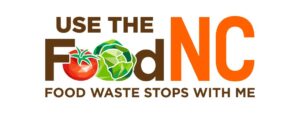
When I was not helping with the Use the Food NC campaign, I stayed very busy offering support to the rest of the Recycling and Materials Management Section (RMMS). I had a variety of tasks from compiling and analyzing data on local government television recycling programs, which helped project quota setting for the recycling fund that electronic manufactures must contribute to, to helping manage the updated NC Recycling Markets Directory. I am continuing to work on large projects like the Annual College and University Solid Waste and Recycling report and reviewing Local Government Annuals Solid Waste and Recycling reports with the rest of the RMMS team.
Every task I had has helped me better understand the recycling industry and improve skills – including using ArcGIS, Excel, Access, Drupal, etc. Still, my favorite part of the summer was our site visits to businesses, local governments, and non-profits across the state. Overall, I met with 14 different entities who had unique perspectives to share about the industry. These visits often turned into long days driving around the state, but I didn’t mind because I was learning, spending time with my phenomenal co-workers, and seeing North Carolina.
I cannot express how wonderful this PWE experience has been. I’ve learned a lot and met great people. I have certainly used the MPA lens to enhance my experience, understanding the makeup and culture of DEQ through organizational theory and ensuring the pillars of equity, efficiency, efficacy, and economy were applied in every project. I cannot wait to see where the MPA journey takes me next.
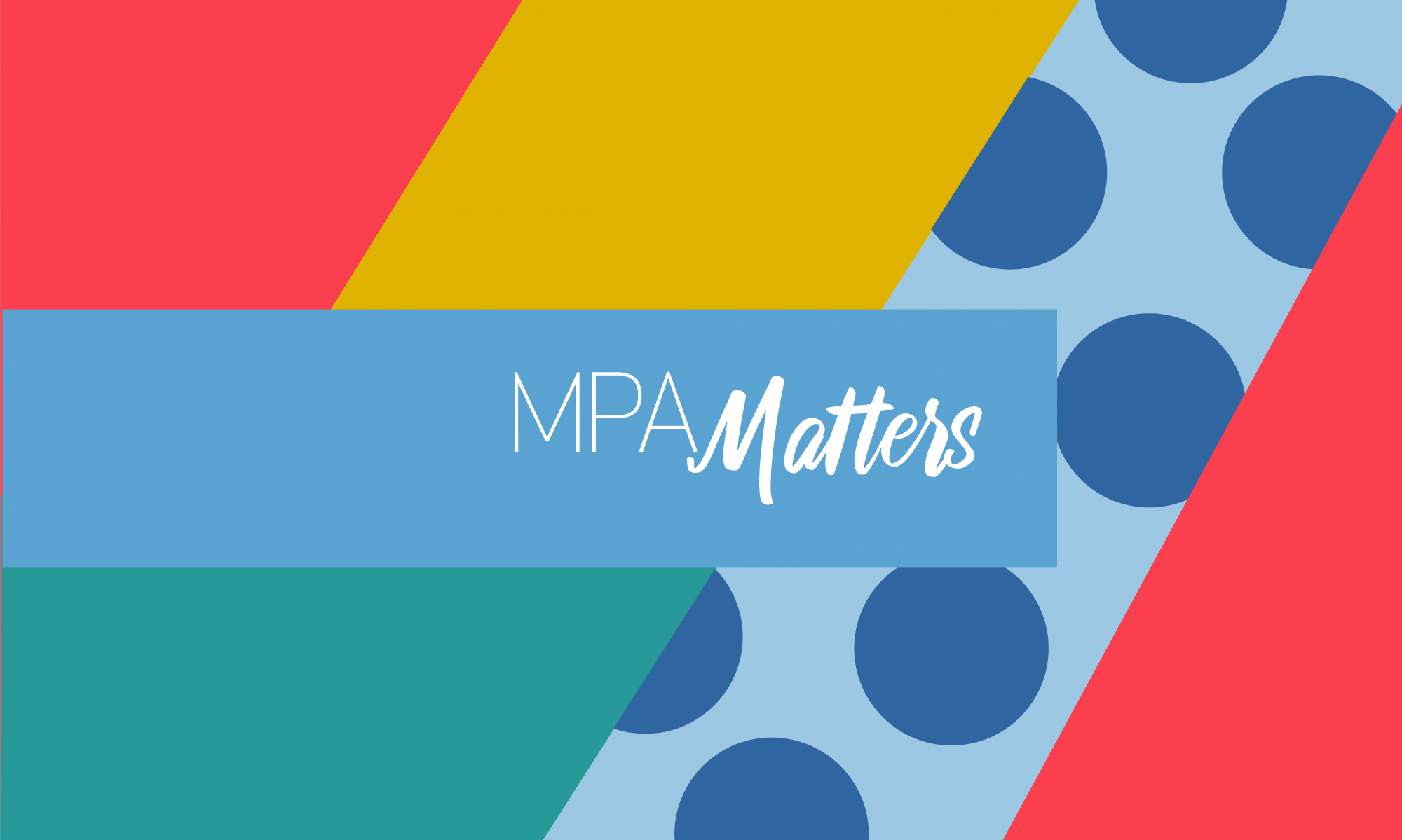

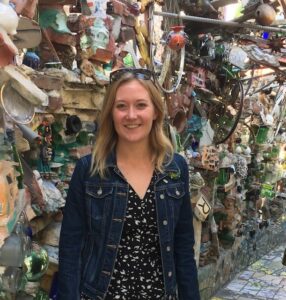
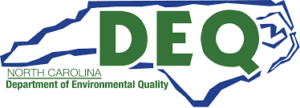
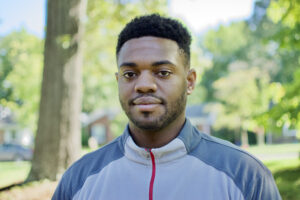 Greetings to all! My name is Wayne Banks Jr. and I am currently a 2nd year online student in the MPA program. The PWE experience can introduce students to opportunities and a practical understanding of the career interests of an individual. For myself, I am interested in the Community Economic Development and Finance & Budgeting career fields that can be a part of Public Administration responsibilities. By way of networking opportunities, I was invited to an interview and received an offer for my PWE as a Budget & Research Analyst at the Finance & Budget Division of UNC Chapel Hill. This opportunity has provided me with a practical experience to the financial responsibilities of a public higher education institution. I am almost half-way through this PWE experience and can tell you that our work in this division is important and exciting.
Greetings to all! My name is Wayne Banks Jr. and I am currently a 2nd year online student in the MPA program. The PWE experience can introduce students to opportunities and a practical understanding of the career interests of an individual. For myself, I am interested in the Community Economic Development and Finance & Budgeting career fields that can be a part of Public Administration responsibilities. By way of networking opportunities, I was invited to an interview and received an offer for my PWE as a Budget & Research Analyst at the Finance & Budget Division of UNC Chapel Hill. This opportunity has provided me with a practical experience to the financial responsibilities of a public higher education institution. I am almost half-way through this PWE experience and can tell you that our work in this division is important and exciting.
 I am working with the North Carolina Business Committee for Education (NCBCE) to fulfill my PWE hours for the MPA program. NCBCE is a non-profit organization that operates out of the Office of the Governor and serves as link for North Carolina employers and the education system. NCBCE invests significant time and resources to develop and promote work-based learning initiatives in North Carolina. In early 2020, pre-pandemic and before our lives changed, NCBCE, in partnership with the North Carolina Community Colleges, the Office of the Governor, myFutureNC, and the state Division of Workforce Solutions, launched NC Career Launch—an effort to increase post-secondary attainment and connect students to jobs in high-demand fields. Unfortunately, the pandemic interrupted the initiative’s momentum. I am working with the Executive Director of NCBCE to elevate NC Career Launch and restore the pre-pandemic momentum. One way we are working to accomplish this goal is by developing youth apprenticeship programs to pilot under NC Career Launch.
I am working with the North Carolina Business Committee for Education (NCBCE) to fulfill my PWE hours for the MPA program. NCBCE is a non-profit organization that operates out of the Office of the Governor and serves as link for North Carolina employers and the education system. NCBCE invests significant time and resources to develop and promote work-based learning initiatives in North Carolina. In early 2020, pre-pandemic and before our lives changed, NCBCE, in partnership with the North Carolina Community Colleges, the Office of the Governor, myFutureNC, and the state Division of Workforce Solutions, launched NC Career Launch—an effort to increase post-secondary attainment and connect students to jobs in high-demand fields. Unfortunately, the pandemic interrupted the initiative’s momentum. I am working with the Executive Director of NCBCE to elevate NC Career Launch and restore the pre-pandemic momentum. One way we are working to accomplish this goal is by developing youth apprenticeship programs to pilot under NC Career Launch.

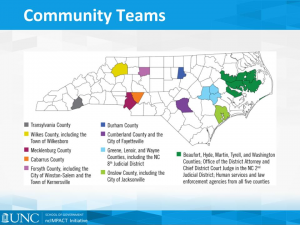
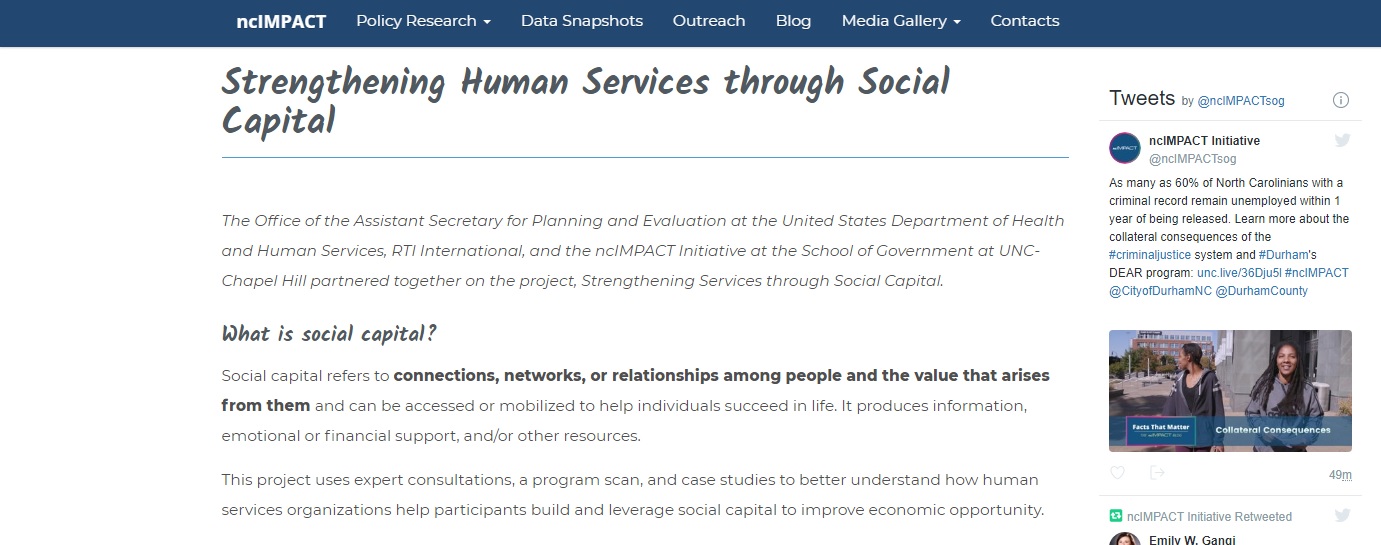
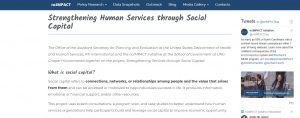
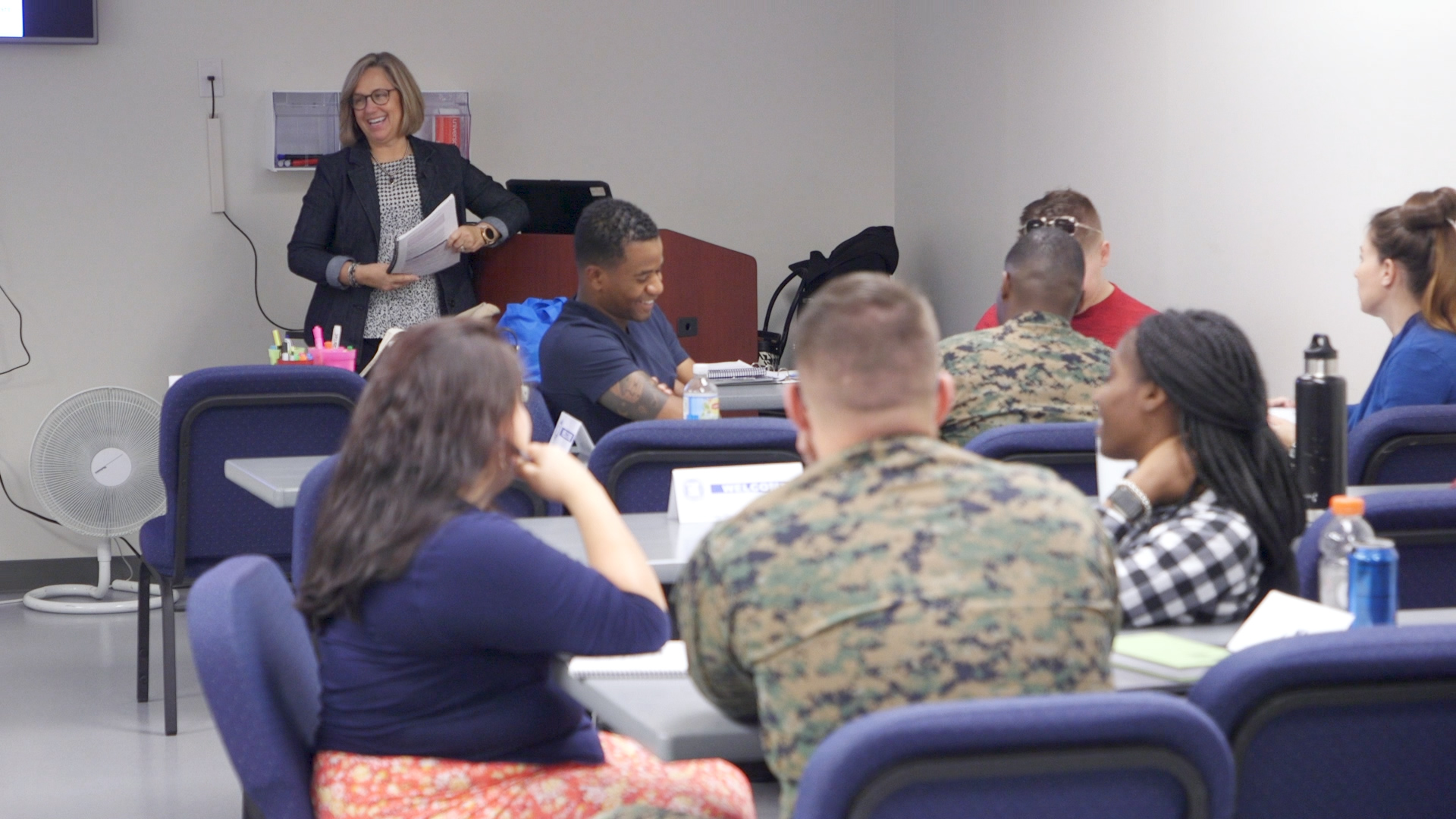
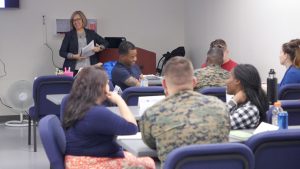 ncIMPACT Initiative
ncIMPACT Initiative